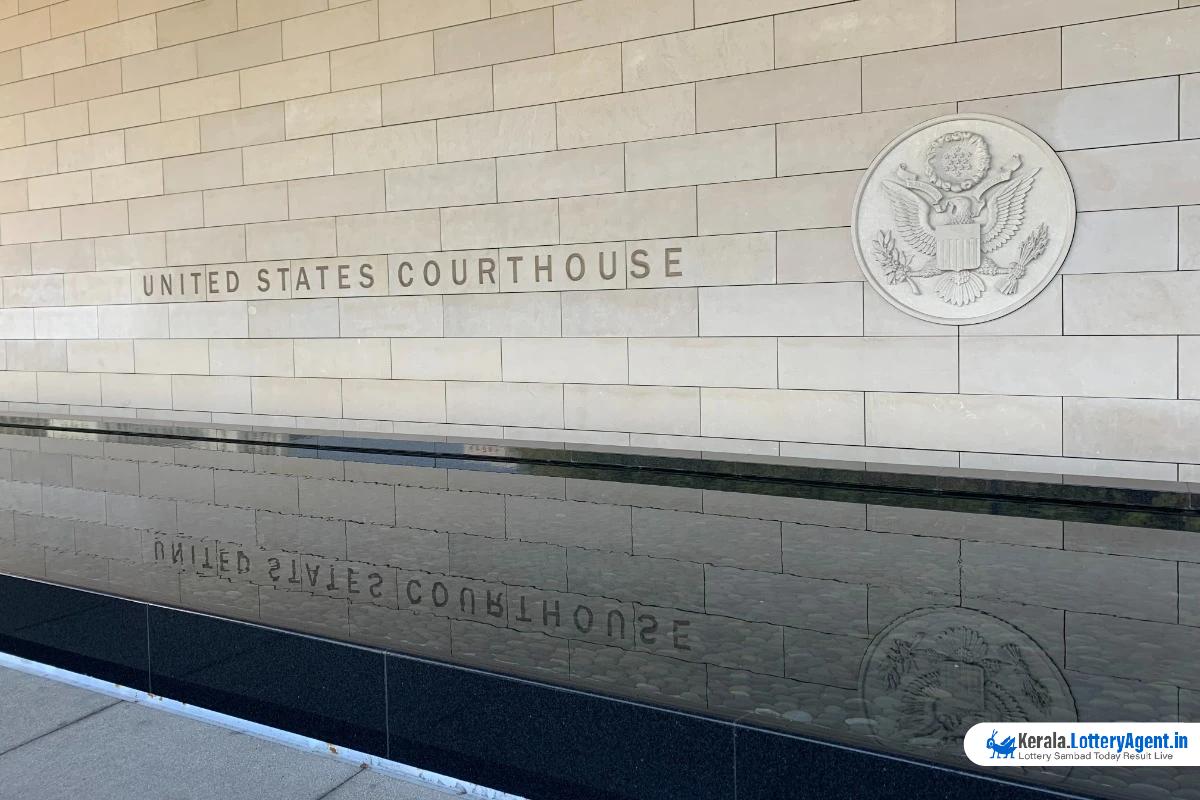
In a swift proceeding that concluded late Wednesday afternoon in the US District Court for the Central District of California, former MGM executive Scott Sibella was dealt his sentence in a case tied to a federal investigation into an illegal gambling ring. The courtroom, sparsely populated, observed the sentencing that unfurled without incident, focusing on Sibella’s failure to flag suspicious financial activities while overseeing operations at MGM Grand.
Sibella was found guilty of one count of neglecting to file a suspicious activity report (SAR) in relation to transactions involving known illegal bookmaker, Nix. In a striking admission, Sibella acknowledged that in exchange for a casino marker, he handed over $120,000 to Nix. During the 18-minute sentencing, Sibella expressed deep remorse, addressing the court, his loved ones, colleagues, and the broader casino industry, stressing that the repercussions of his actions had upended his life and assuring that such a transgression would not be repeated.
Though the crime carried a potential maximum penalty of five years imprisonment and a hefty quarter-million-dollar fine, Judge Gee, citing Sibella’s charitable community efforts, his clean prior record, and his acceptance of responsibility, endorsed a more lenient sentence. Based on these mitigating factors, the sentencing guidelines were reduced, resulting in a one-year probation—the minimum possible outcome—and a fine of $9,500, the upper limit for the charge.
Questions swirled about Sibella’s oversight, or lack thereof, concerning Nix’s activities at other MGM properties. Despite some SARs previously filed against Nix at the Mirage and apparent knowledge amongst compliance staff, there remains uncertainty about the events that led to Sibella’s charge.
Declining to comment to media post-sentencing, Sibella and his attorney preferred to express their sentiments through an emailed statement. Sibella communicated his relief upon the closing of the matter, accepted the court’s terms, and emphasized his regret over the distress this case caused to his family and supporters. He detailed the difficulty of his decision to plead guilty to the single charge in the wake of MGM’s inaction despite awareness of Nix’s illegal bookmaking activities.
Judge Gee highlighted the unprecedented volume of support for Sibella, having received 81 letters vouching for his character—a figure she remarked as exceptionally high. The recommended sentence, agreed upon by both the US Probation Office and the Department of Justice, not only involves probation and a fine, but also mandates Sibella to complete 200 hours of community service and maintain a clean legal record.
The backdrop of Sibella’s case is a larger federal probe into the Nix gambling operation in Southern California. Notably, just two hours prior to Sibella’s sentencing, the US Attorney’s office disclosed a plea agreement involving Ippei Mizuhara—formerly an interpreter for baseball star Shohei Ohtani—on charges related to bank fraud and filing a false tax return. Mizuhara is accused of misappropriating $17 million from Ohtani’s bank account to clear debts with an illegal bookmaker. However, attorney Rutherford clarified that the two cases are otherwise unconnected, as Sibella had no involvement with Mathew Bowyer’s bookmaking activities or with Mizuhara.
Sibella’s professional trajectory took a sharp turn last fall when Resorts World dismissed him due to the ongoing investigation, an incident followed by his guilty plea in December. The plea agreement detailed how Sibella had been conscious of Nix’s bookmaking since at least August 2017, and nonetheless allowed Nix gambling privileges and “luxury perks.” Aware that significant wagers—including a $5 million Super Bowl bet—should have raised red flags, Sibella admitted in his plea to deliberately turning a blind eye.
The journey from indictment to sentencing for Sibella was rather brief, spanning less than half a year, a chapter of his life he is presumably eager to leave behind. The court’s ruling stands as a stark reminder that in the world of high-stakes gambling, the house’s oversight responsibilities are as crucial as the bets placed on its tables.












